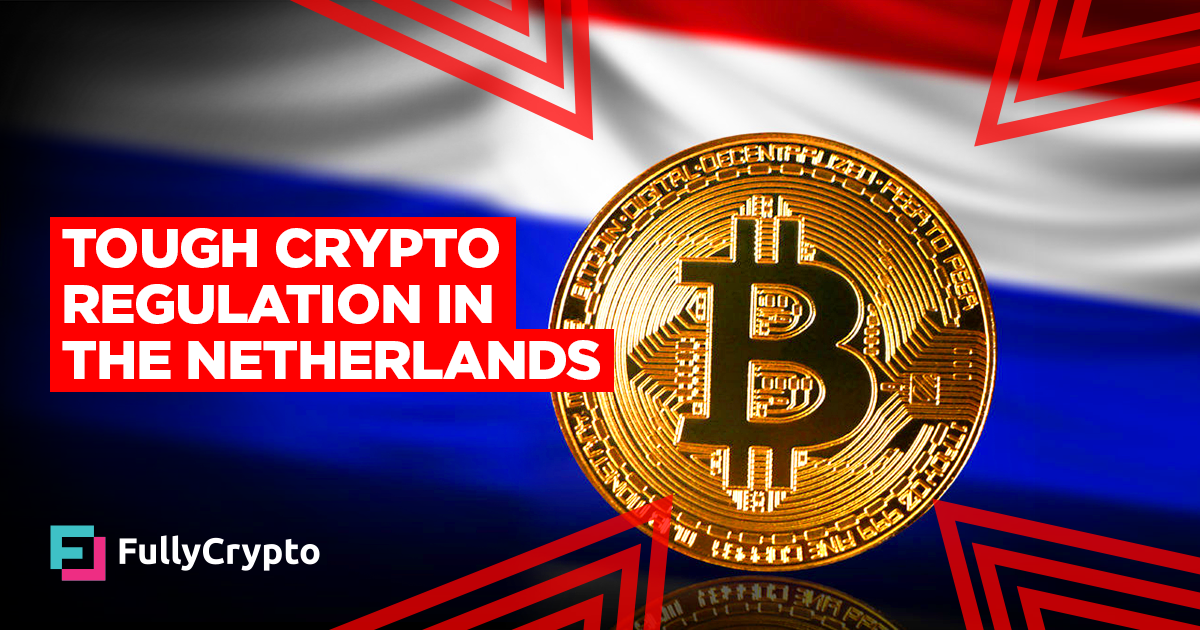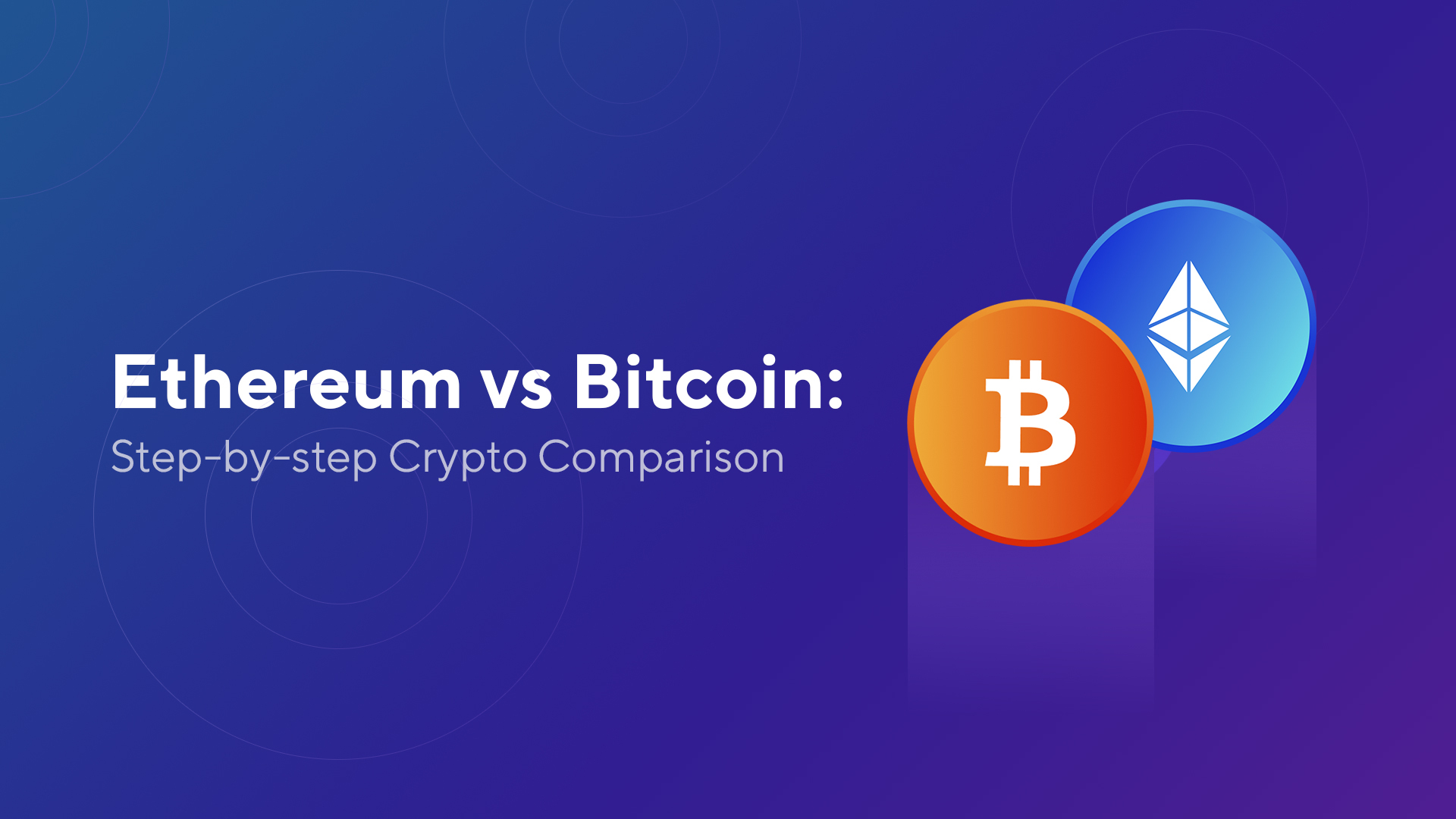Crypto Companies Netherlands Shaping The Digital Future
As crypto companies Netherlands takes center stage, this opening passage beckons readers into a world crafted with good knowledge, ensuring a reading experience that is both absorbing and distinctly original.
The Netherlands has emerged as a significant player in the cryptocurrency landscape, boasting a dynamic environment where innovation and regulation coexist. This thriving sector is home to a variety of companies that not only enhance the local economy but also contribute to the global dialogue surrounding blockchain technology and digital assets. By examining the key players, regulatory framework, and economic impact, we can appreciate how the Netherlands positions itself at the forefront of the crypto revolution.
Overview of Crypto Companies in the Netherlands
The Netherlands has emerged as a significant player in the cryptocurrency sector, with a diverse array of crypto companies operating within its borders. The landscape is characterized by a mix of startups and established firms, all contributing to the growing adoption of digital currencies and blockchain technologies. The country’s strategic position in Europe, combined with a tech-savvy populace, has made it an attractive hub for innovation in the crypto space.Key players in the Dutch cryptocurrency market include companies like Bitonic, a pioneering cryptocurrency exchange, and Blockport, which combines social trading with crypto investments.
These companies operate various business models, from exchanges and wallets to trading platforms and blockchain consultancy. Historically, the Netherlands has been open to the idea of cryptocurrencies, with significant milestones such as the launch of the first Bitcoin ATM in 2013 and ongoing discussions about the regulatory framework surrounding digital currencies.
Regulatory Environment
The regulatory framework governing cryptocurrency operations in the Netherlands is established to ensure consumer protection while fostering innovation. The Dutch government, through its financial regulatory body, De Nederlandsche Bank (DNB), plays a crucial role in overseeing crypto entities. The DNB requires cryptocurrency platforms to comply with Anti-Money Laundering (AML) and Counter-Terrorist Financing (CTF) regulations, reflecting a commitment to maintaining financial integrity.Compared to other European countries, the Dutch regulatory framework is relatively progressive.
For instance, unlike some jurisdictions that have taken a more restrictive approach, the Netherlands encourages the development of blockchain technology while implementing necessary safeguards. This balance aims to create a conducive environment for crypto businesses while protecting consumers and the financial system.
Economic Impact

Crypto companies contribute significantly to the Dutch economy, driving innovation and attracting investments. The sector has created numerous job opportunities, ranging from software developers and compliance officers to marketing and business development roles. The rapid growth of cryptocurrency-related businesses indicates a strong demand for skilled professionals in this field.Partnerships between crypto companies and traditional businesses are increasingly common in the Netherlands.
A notable example is the collaboration between banks and blockchain startups to enhance payment processing and reduce transaction costs. These partnerships illustrate how cryptocurrencies are integrating into the broader economy, providing a glimpse into the future of financial transactions.
Technological Innovations
Dutch crypto companies are at the forefront of technological advancements in the blockchain space. Innovations such as decentralized finance (DeFi) applications and non-fungible tokens (NFTs) are gaining traction among local firms. These technologies are revolutionizing traditional financial systems by enabling peer-to-peer transactions and unique digital ownership.Emerging trends in blockchain technology include the increasing adoption of smart contracts and interoperability solutions that allow different blockchains to communicate with each other.
Looking ahead, Dutch crypto companies may explore further advancements in areas such as scalability solutions and privacy-enhancing technologies, which could reshape the landscape of digital currencies.
Challenges Faced by Crypto Companies
Despite the favorable environment, crypto companies in the Netherlands face several challenges. Regulatory compliance can be complex and resource-intensive, particularly for startups with limited budgets. Additionally, cybersecurity threats pose a significant risk to the crypto sector, given the high profile of breaches in recent years that have affected various exchanges globally.Public perception of cryptocurrencies also presents challenges. While awareness and acceptance are growing, skepticism remains among certain segments of the population.
Companies must navigate this landscape carefully, working to educate the public about the benefits of cryptocurrencies while addressing concerns regarding volatility and security.
Future Prospects

The future growth of the cryptocurrency market in the Netherlands looks promising, with expectations for increased adoption across various sectors. Potential changes in regulation may further facilitate this growth, as the government seeks to streamline processes for startups while ensuring consumer protection.Strategies for crypto companies to thrive in a competitive environment include focusing on user education, enhancing security measures, and fostering partnerships with traditional financial institutions.
By prioritizing these areas, companies can build trust and establish themselves as reliable players in the evolving digital currency landscape.
Community and Education
Community events and meetups play a vital role in promoting cryptocurrencies in the Netherlands. These gatherings provide platforms for enthusiasts to share knowledge, network, and collaborate on projects. Events such as Amsterdam Bitcoin Meetup have fostered a strong sense of community among crypto advocates.For those interested in learning about cryptocurrencies, various educational resources are available, including online courses, webinars, and workshops.
Partnerships between educational institutions and crypto companies have emerged, exemplifying a commitment to fostering a knowledgeable workforce capable of navigating the complexities of the crypto landscape. Examples include collaborations between universities and blockchain firms to develop tailored curricula focused on digital currencies and blockchain technology.
Final Thoughts
In summary, the future of crypto companies in the Netherlands looks promising, with ongoing developments in regulation, technology, and community engagement. As these firms navigate the challenges ahead, their potential for growth and innovation will continue to shape the digital finance landscape, making the Netherlands a hub for crypto enthusiasts and businesses alike.
FAQ Section
What are the main regulatory bodies for crypto in the Netherlands?
The primary regulatory body is De Nederlandsche Bank, which oversees compliance and licensing for crypto companies.
How do crypto companies contribute to the Dutch economy?
They generate jobs, attract investment, and foster partnerships with traditional businesses, enhancing economic growth.
What security challenges do crypto companies face?
Cybersecurity threats pose significant risks, including hacking and fraud, which affect operations and consumer trust.
Are there educational resources available for crypto enthusiasts in the Netherlands?
Yes, many institutions and communities offer workshops, courses, and meetups to educate people about cryptocurrencies.
What future trends can we expect in the Dutch crypto market?
Expect increased regulatory clarity, more technological advancements in blockchain, and greater integration with traditional finance.




